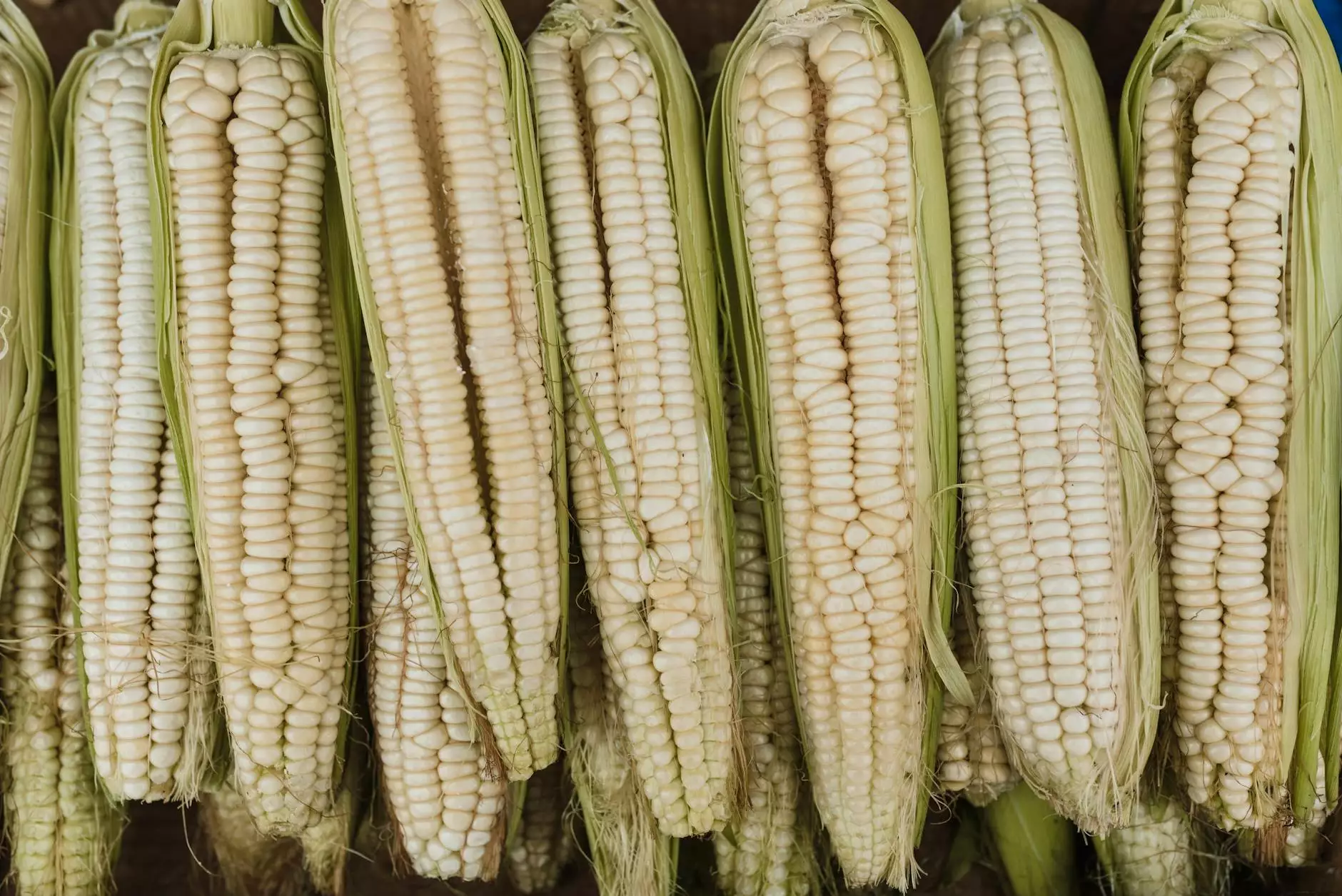Enhancing Grain Management for Optimal Farming Efficiency

In the world of agriculture, effective grain management is essential for ensuring that operations run smoothly and that profits are maximized. At TSGC Inc., we understand the importance of maintaining your farming equipment and utilizing the best practices in grain handling and storage. In this article, we will delve deep into the intricacies of grain management, discuss the role of farming equipment repair, and provide actionable insights to help you enhance your farming efficiency.
The Importance of Grain Management
Grain management encompasses a variety of practices that aim to optimize the handling, storage, and transportation of grains. Proper management is crucial for several reasons:
- Minimizing Waste: Effective grain management reduces spoilage and waste, ensuring that more of your harvest reaches the market.
- Maximizing Profitability: By maintaining high quality in your grains, you can achieve better prices and higher profits.
- Streamlining Operations: Efficient grain handling and storage techniques can greatly improve the workflow, saving you time and resources.
- Ensuring Food Safety: Proper management practices reduce the risk of contamination and ensure safer food products.
Key Components of Effective Grain Management
To improve your grain management practices, consider the following components:
1. Ideal Storage Conditions
The first step in grain management is establishing ideal storage conditions. Factors such as temperature, humidity, and ventilation are critical in preserving the quality of grains.
- Temperature Control: Keeping storage areas cool helps prevent the growth of mold and insects.
- Moisture Management: Maintaining proper moisture levels prevents spoilage and ensures grain health.
- Good Ventilation: Adequate airflow prevents moisture buildup and keeps grains dry.
2. Regular Maintenance of Equipment
Farming equipment is the backbone of grain management. Regular maintenance is crucial to ensure optimal performance:
- Routine Inspections: Conduct regular checks on your equipment to identify potential issues early.
- Prompt Repairs: Address any malfunctions or repairs as soon as they are identified to minimize downtime.
- Professional Services: Consider hiring professionals like TSGC Inc. for expert farming equipment repair to ensure your machinery operates efficiently.
3. Efficient Harvesting Practices
The way grains are harvested can significantly impact their quality:
- Timely Harvesting: Harvest at the right time to avoid losses due to over-ripening or adverse weather.
- Proper Handling: Use equipment designed for gentle handling to reduce physical damage to grains.
- Clean Equipment: Ensure that harvesting equipment is clean to prevent contamination between different grain batches.
The Role of Technology in Grain Management
In today's digital age, technology plays a vital role in enhancing grain management processes:
- Precision Agriculture: Utilize sensors and software to monitor field conditions and optimize planting and harvesting schedules.
- Data Analytics: Analyze data for insights into yield patterns, helping to inform better decision-making.
- Automated Systems: Implement automation for tasks like sorting and packaging grains to increase efficiency.
Common Challenges in Grain Management and Solutions
While grain management is crucial, farmers often encounter several challenges:
1. Pest Infestations
Pests can wreak havoc on stored grains, leading to significant losses. Implementing integrated pest management (IPM) strategies can help mitigate this issue:
- Regular Monitoring: Keep a close eye on storage areas for signs of pest activity.
- Sanitation: Maintain cleanliness in storage areas to minimize pest attraction.
- Biological Controls: Use natural predators or biopesticides to manage pest populations sustainably.
2. Variability in Grain Quality
Grains often vary in quality due to factors such as weather or soil conditions. To manage this variability:
- Quality Testing: Regularly test grains for moisture content, protein levels, and other quality metrics.
- Segregation: Separate lower-quality grains from higher-quality ones to maximize overall market value.
- Continuous Training: Invest in training for staff on best practices for handling and processing different grain types.
3. Equipment Failures
Unexpected equipment breakdowns can hinder grain management practices. To minimize risks:
- Implement Preventive Maintenance: Schedule routine maintenance to keep machinery in top condition.
- Use Quality Parts: Invest in high-quality parts for repairs and replacements to avoid frequent breakdowns.
- Keep Spare Equipment: Having backup equipment available can prevent significant downtime during the harvest season.
Best Practices for Grain Management
Here are some best practices to adopt for optimal grain management:
- Develop a Grain Management Plan: Outline all procedures related to grain storage, handling, and processing.
- Educate Your Team: Foster a culture of learning among your staff to ensure everyone is up-to-date on best practices.
- Engage Experts: Don’t hesitate to consult with grain management specialists or farm equipment repair professionals like TSGC Inc. for advice and support.
Conclusion
Effective grain management is an ongoing process that requires diligence, the right tools, and commitment. By adopting best practices, leveraging technology, and ensuring proper maintenance of farming equipment, you can significantly enhance your grain handling and storage techniques. At TSGC Inc., we are dedicated to supporting farmers with our exceptional services in farming equipment repair and expertise in grain management. Equip your business for success by prioritizing effective grain management today!



